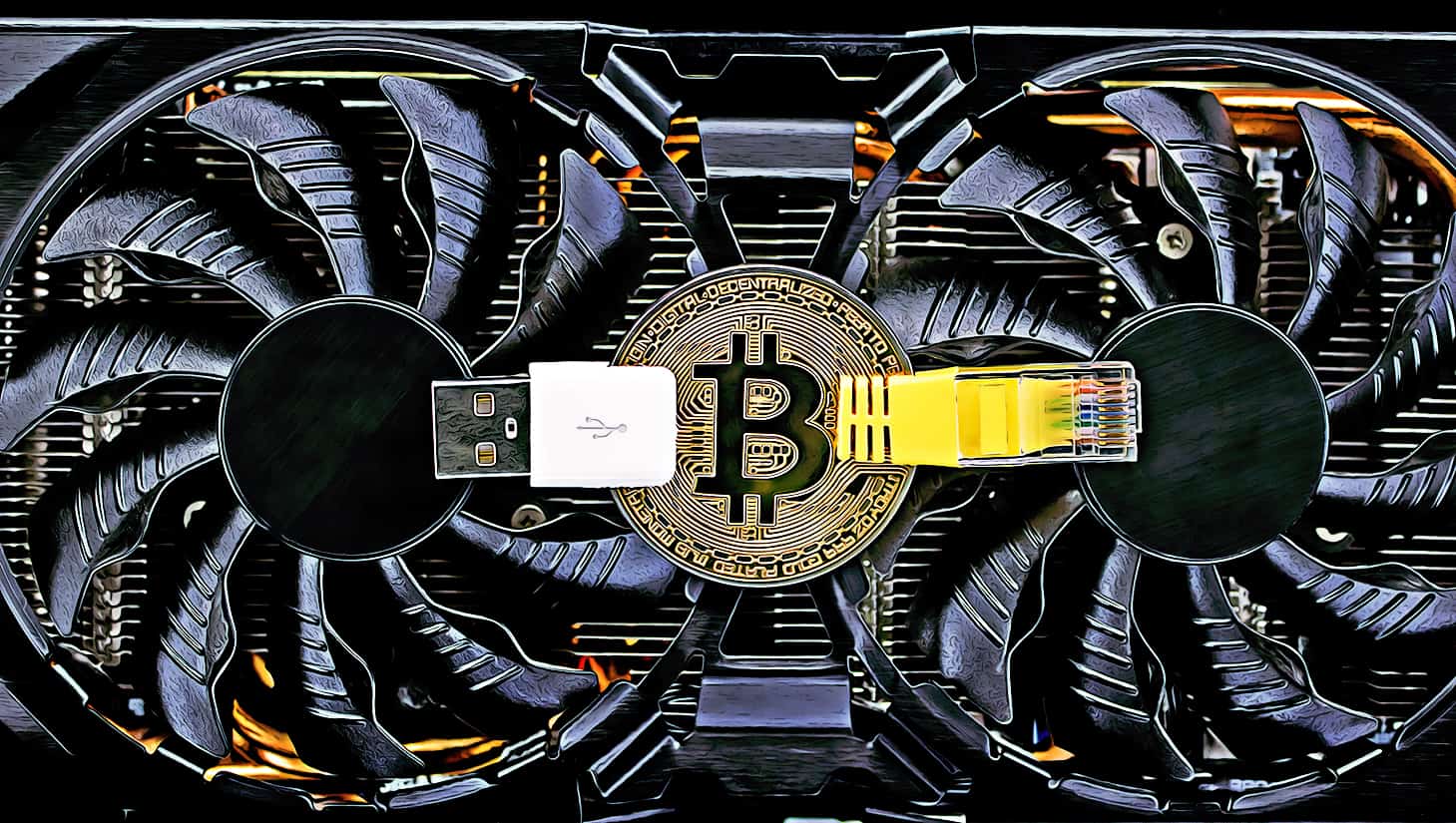Crypto miners in China have a big problem on their hands: they can’t pay their electricity bills. Even though their mining farms might generate cryptocurrency worth millions of RMB every month, a lack of a liquid over-the counter (OTC) exchange industry within China means that farms can’t convert their mined tokens to local currency to pay their overhead, according to local media in China.
During the past few years, China’s cryptocurrency mining industry has profited immensely from mining tokens such as bitcoin and ethereum. With the mining process being as energy intensive as it is, China’s cryptocurrency miners hunt out the local OTC desks with the least spread to exchange their tokens into the nation’s legal tender fiat money, the RMB, to pay their enormous electricity bills.
But they’ve run into a roadblock now that Beijing has shut down these OTC desks and frozen bank accounts associated with any cryptocurrency money laundering transaction.
Local media reports of crypto miners’ suffering
According to reports, 74% of cryptocurrency miners — or about 54 people who participated in a recent survey — said frozen accounts “have had a serious impact on them”.
Wu Blockchain, a China-focused crypto publication, quoted one miner saying that because he cannot sell tokens for RMB to pay bills, his mining farm has to close for a month. Another said some OTC brokers for cryptocurrency miners have to stop business.
But just two days after publishing the story, Wu Blockchainreleased a clarification saying that there were some misunderstandings in how some foreign media reported the original story.
“In fact, this is just a small trouble, not something that has a major impact on the industry,” Wu wrote. Wu denied that miners had to stop mining because they couldn’t pay the power bill. “This does not exist.” Wu tweeted, “they are just having more trouble paying the electricity bill.”
Wu did not explain why the initial reports went out and what caused him to issue a retraction. But others confirmed to Forkast.News that Wu’s first reports were correct.
“The impact is majorly focused on middle and small-size crypto miners,” Jiang Zhuoer, the CEO of BTC.top told Forkast.News. BTC.top is one of the major mining pools within the Chinese cryptocurrency mining market, and occupies 2.52% of the hash rate — which ranks it 10th for global pool distribution, according to BTC.com.
“We acknowledged that some crypto miners have had difficulty financing their operations, due to their bank accounts having been frozen,” Jiang said. But he also pointed out that large cryptocurrency miners, which have reliable trading channels, are rarely impacted.
“First, we won’t store large amounts of money in bank cards,” Jiang said, “a small amount of money might be stored in the bank account for purchasing mining machines, but it won’t last long, always just one day.”
China is freezing crypto-related accounts — again
It is not the first time Chinese cryptocurrency miners have encountered frozen accounts. At least three waves of bank accounts frozen related to the cryptocurrency market have taken place in China this year.
In June, many bank accounts in Guangdong province were halted. According to local media, the number of bank accounts that have been affected could be as high as 4,000 accounts worth 300 million yuan — or about US$45.7 million.
The frozen accounts are happening as Chinese cryptocurrency exchanges or exchanges targeting Chinese users are having a tough time in other ways. OKEx suspended its token withdrawal services on October 16, when its founder Star Xu was detained by police without a clear reason. Huobi chief operating officer, Robin Zhu, allegedly went missing on November 2, which caused US$300 million worth of bitcoin to move to Binance. In addition, the Singapore-based TokenBetter crypto exchange also suspended its withdrawal services on Oct. 16. for Chinese users and announced they are under investigation by Sichuan police.
Beijing fighting money laundering and fraud
The reason behind China’s recent crackdowns on cryptocurrency exchanges and freezing bank accounts are likelyrelated to the government’s renewed effort this year to fight money laundering and telecommunication fraud.
According to China Times, a mouthpiece of the Chinese Communist Party, the large number of frozen accounts were the result of police investigations into money laundering via OTC desks. It led to multiple levels of bank accounts that received the allegedly laundered money being frozen.
Last month, a draft of anti-money laundering regulations in the blockchain industry was released by government officials, which defined best practices for the industry as well as the technical measures required. The proposed regulations regarding the blockchain industry suggested that Chinese officials are serious about ending money laundering in the cryptocurrency world and will likely create more regulations and take stronger enforcement actions to control it. It also likely means that, at least in the near future, there will likely be more rather than fewer bank accounts frozen in China’s cryptocurrency community.
Is China trying to squeeze crypto firms out of business?
It’s no secret that Beijing is annoyed that China is home to a significant amount of the world’s bitcoin mining capacity. Although sale and trade of bitcoin is illegal in the country under the nation’s securities laws, the mining of cryptocurrency is not illicit. However, every organization needs money to pay its overhead, and without a liquid domestic OTC market, these miners will be in trouble.
Converting their mined digital goods into a foreign currency and then purchasing RMB on the offshore market would be incredibly expensive and kill their margins. Beijing knows that the OTC market is a capital lifeline for these companies, and constricting its flow of oxygen could lead to the eventual death of the sector.
Jiang said the freezing of bank accounts will likely only further trigger the cryptocurrency community’s distrust of government and fiat money. Jiang said some of the cryptocurrency miners agreed with BTC.top to pay them by cryptocurrency or stablecoins rather than legal tenders.
“A lot of people probably won’t go to the bank anymore,” Jiang said.




